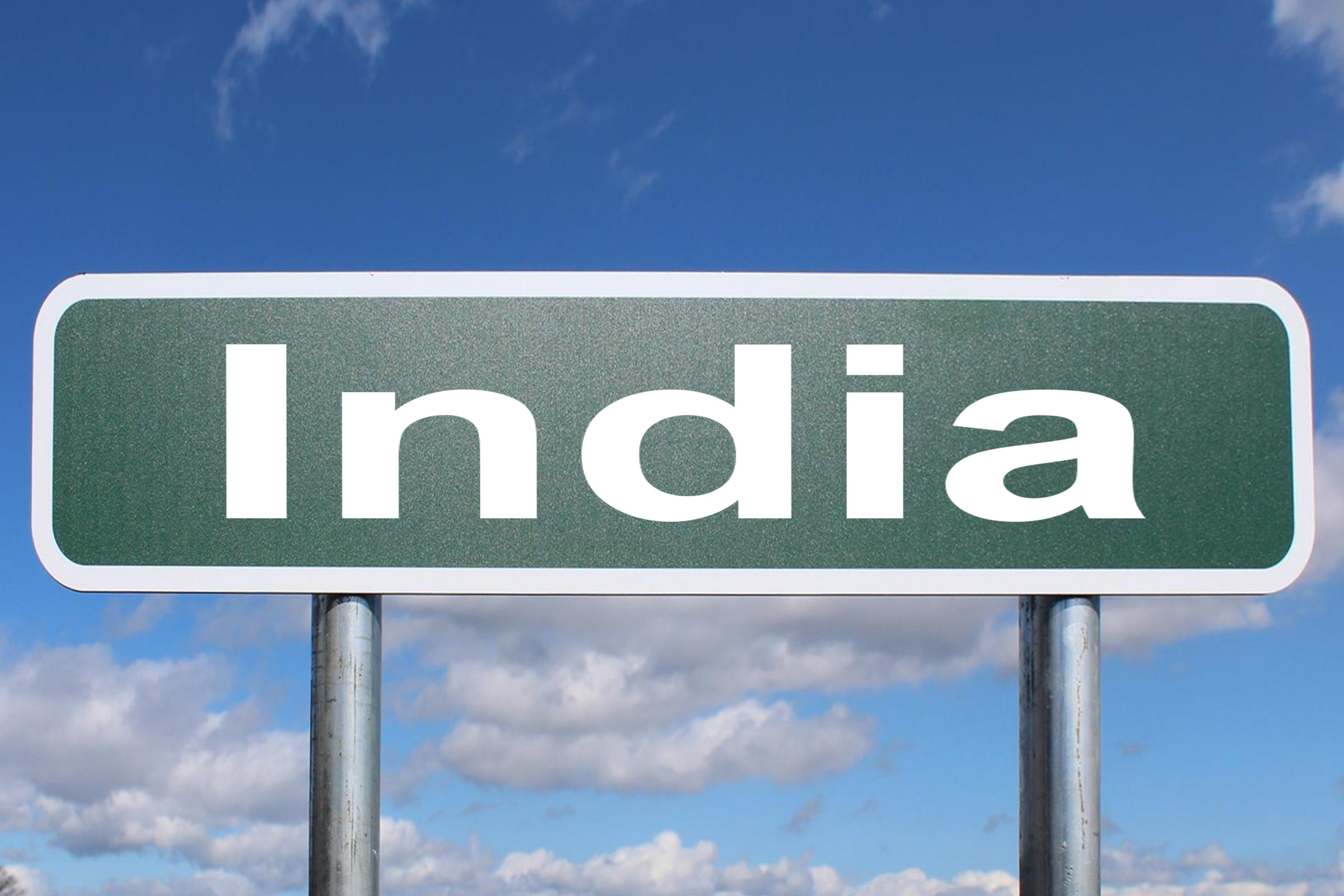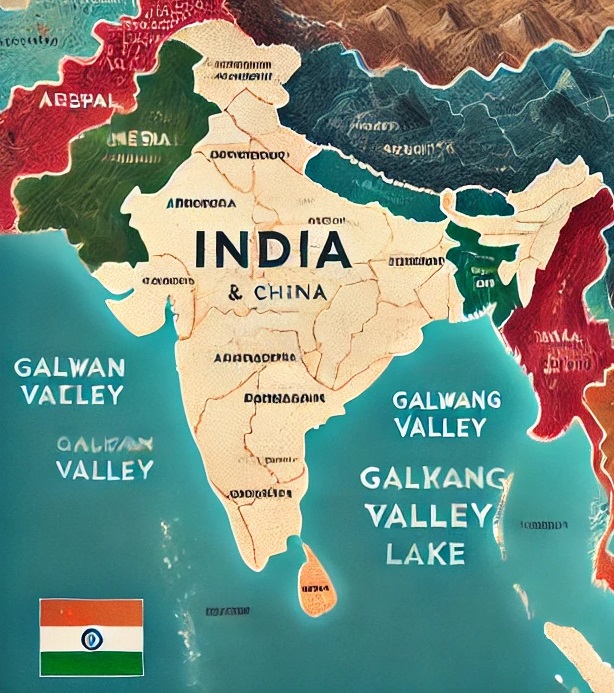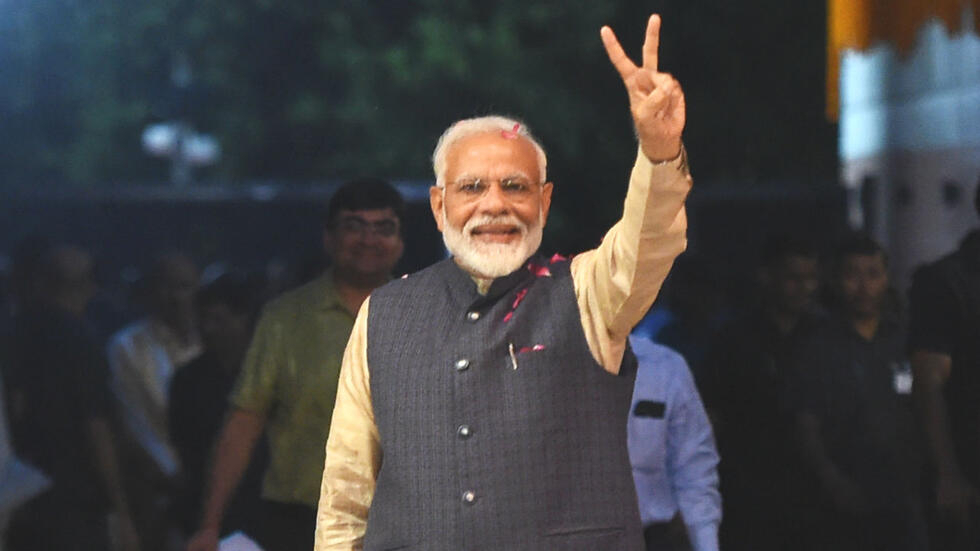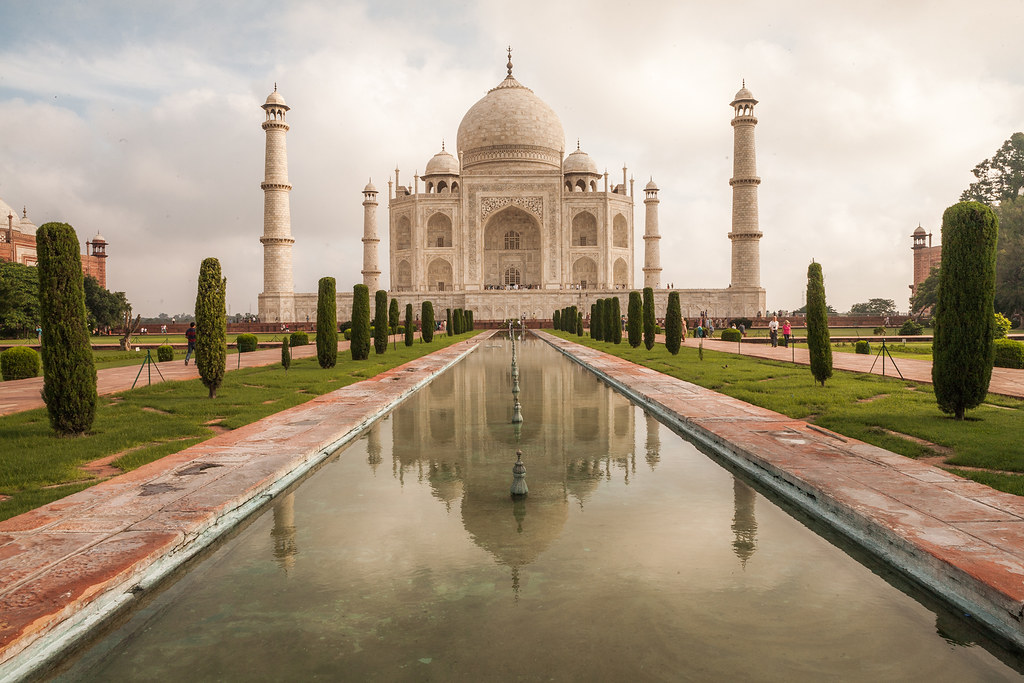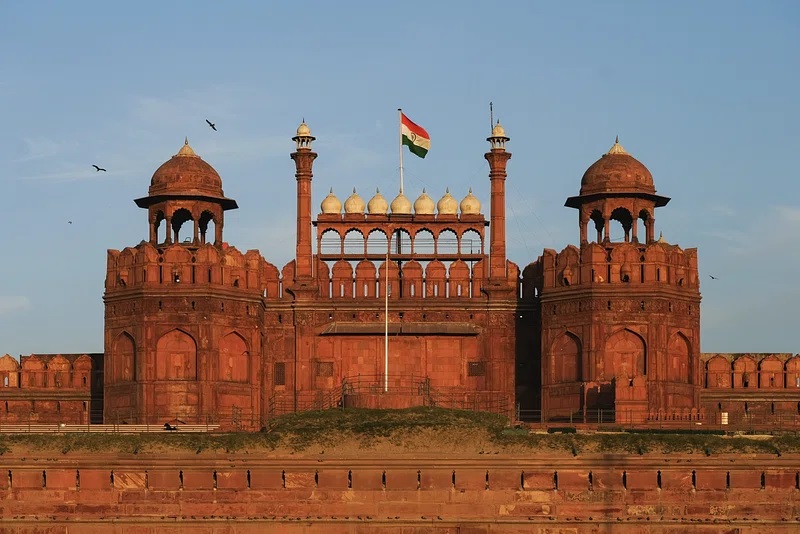In the annals of economic history, India’s transformation from a poor and backward country to an economic superpower stands out as a remarkable success story. Over the past few decades, the nation has undergone a profound metamorphosis, transitioning from an agrarian economy to a burgeoning global powerhouse. This article delves into the key factors that have contributed to India’s meteoric rise, examining the economic policies, technological advancements, and socio-cultural shifts that have shaped its trajectory.
- Economic Liberalization and Globalization:
One of the pivotal moments in India’s economic history occurred in 1991 when the country embarked on a path of economic liberalization. Facing a severe balance of payments crisis, the government, led by then-Finance Minister Dr. Manmohan Singh, initiated a series of reforms aimed at dismantling the license raj and opening up the economy to foreign investment. This shift towards a more market-oriented approach unleashed the latent entrepreneurial spirit in the country and paved the way for rapid economic growth.
Globalization played a crucial role in India’s ascent as well. Increased connectivity and trade with the global economy facilitated the exchange of goods, services, and ideas, propelling India onto the international stage. The information technology (IT) sector, in particular, experienced exponential growth, earning India the moniker of the “IT Hub of the World.”
- Information Technology Revolution:
India’s prowess in the IT sector has been a driving force behind its economic transformation. The outsourcing boom in the late 20th century saw Indian IT companies becoming global players, providing services to multinational corporations. Cities like Bangalore and Hyderabad became synonymous with technological innovation, attracting investments and talent from around the world.
The rise of Indian tech giants, such as Infosys, Tata Consultancy Services (TCS), and Wipro, not only contributed significantly to the country’s GDP but also positioned India as a hub for cutting-edge research and development. The IT revolution not only created jobs but also fostered a culture of innovation and entrepreneurship.
- Demographic Dividend:
India’s demographic dividend, characterized by a large and youthful population, has been a double-edged sword. While some countries grapple with aging populations, India’s workforce is a valuable asset. However, harnessing this demographic dividend requires strategic investments in education, skill development, and job creation.
Initiatives like Skill India and Make in India have aimed to equip the youth with the skills needed for a rapidly evolving job market. Additionally, the startup ecosystem in India has flourished, with a surge in entrepreneurial ventures across various sectors, further fueling economic growth.
- Infrastructure Development:
Investments in infrastructure have played a vital role in India’s economic rise. The development of roads, airports, ports, and digital connectivity has enhanced the country’s competitiveness and efficiency. Projects like the Golden Quadrilateral and Bharatmala have improved transportation networks, facilitating smoother movement of goods and people.
Smart cities and digital initiatives have also been pivotal in transforming the urban landscape. The government’s focus on creating a robust infrastructure backbone has not only spurred economic growth but has also improved the overall quality of life for citizens.
- Social and Cultural Dynamics:
India’s social and cultural dynamics have played a crucial role in shaping its economic trajectory. The emphasis on education, coupled with a strong work ethic, has contributed to a skilled and diligent workforce. The resilience and adaptability of the Indian people have allowed them to navigate challenges and capitalize on opportunities.
Moreover, cultural diversity has been a source of strength, fostering creativity and innovation. The coexistence of traditional values with modern aspirations has created a unique blend that sets India apart on the global stage.
India’s journey from a struggling economy to an emerging economic superpower is a testament to the resilience, adaptability, and determination of its people. While challenges persist, the nation’s commitment to economic reforms, technological advancements, and inclusive growth positions it as a key player in the global landscape. As India continues to evolve, its trajectory serves as an inspiration for nations seeking to unleash their economic potential and improve the well-being of their citizens.
